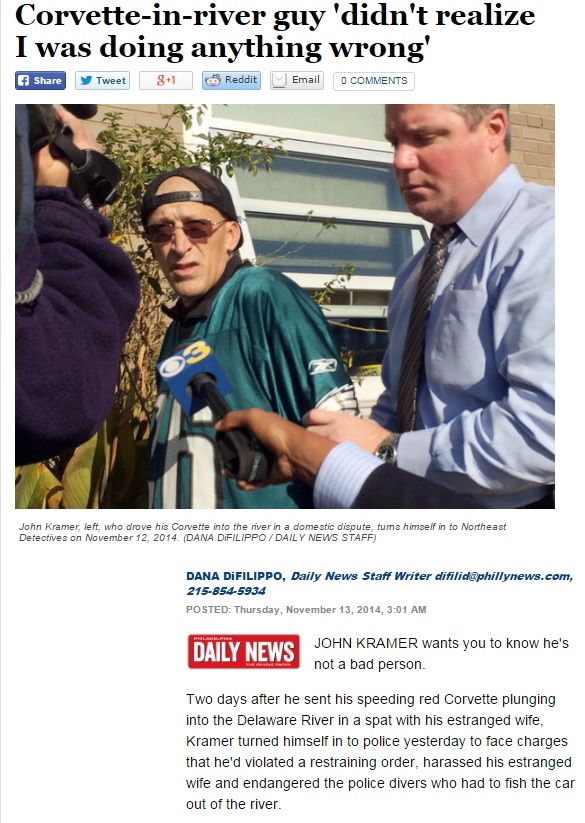
How Skilled Delaware Bail Bonds Experts can Help Get Your Bearings
Some people do outrageous things that land them in jail, simply because of domestic problems, mental conditions, stress, or a combination thereof. Philly.com shows this in its follow-up story about John Kramer, a Philadelphia resident who drove his car into the Delaware River after a dispute with his wife turned sour. Claiming that he never intended to hurt anyone, Kramer nonetheless surrendered to police, but not without posting bail for what he did.

In essence, bail bonds allow people to exercise their civil liberties, such as their right to visit their family or come to work even when there are pending charges against them. This benefit may not seem significant to many people, but there have been many instances when pending charges were eventually dropped. Put it this way: if a man is incarcerated for 30 days only to find out that he’s acquitted from all charges, that provides little comfort because he still missed 30 days’ worth of work or quality time with his loved ones. He could’ve avoided this scenario by posting bail.
Having said that, people should also be careful of the type of bail bond they want to post. Generally, they can choose from one of two kinds: secured or unsecured bonds. Secured bonds are those that need to be paid so that the defendant can be released from custody. By contrast, unsecured bonds, also known as ‘surety’ bonds, are only paid if the defendant has breached his or her bond conditions. Either type can be a benefit or a hindrance to the defendant, which is why he or she should also consult with a lawyer to know the best type of Delaware bail bonds to post.
Above all else, people should follow their bail conditions to prevent their case from taking a wrong turn. Kramer seemed sincere enough to surrender to the police for his antics, though it remains to be seen what he’ll do next now that he’s free.
(Source: Corvette-in-river guy ‘didn’t realize I was doing anything wrong’, Philly.com, November 12, 2014)